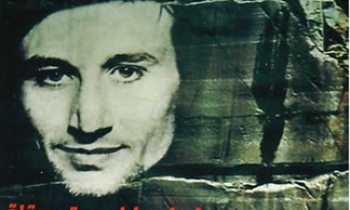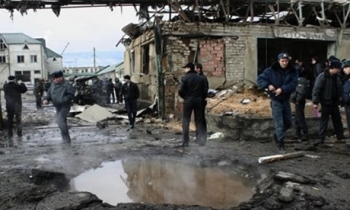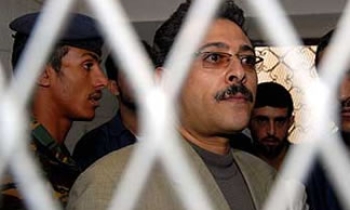JERUSALEM (Reuters) - In early 2001, Adnan Shahine was dragged into the chilly streets of Bethlehem and shot dead by Palestinian compatriots who accused him of spying for Israel.
The show of brutal scruples was chronicled by Time magazine correspondent Matt Rees and the dead "collaborator" joined his thickening file of Palestinian Intifada, or uprising, stories.Weeks later, Rees happened upon someone close to Shahine's killers. They had a candid chat.
"He told me that everyone knew Shahine was no collaborator, just easy prey who was murdered to deter others from spying," Rees recalled. "Of course, by then it was old news."
For Rees, the sense of discontinuity and distortion, that traditional reportage was missing the heart of an ever-messier crisis, did not go away. So he decided to make things up.
The result was a novel, "The Bethlehem Murders", which has been welcomed by critics as both an important addition to the sub-genre of mystery fiction set in non-Anglophone cultures and as a glimpse into the intricacies of Palestinian communal life.
Rees, a Briton, had dreamed for years of turning crime writer. But he also describes his first novel, published in Britain this week after a successful U.S. run under the title "The Collaborator of Bethlehem", as a service to truth.









